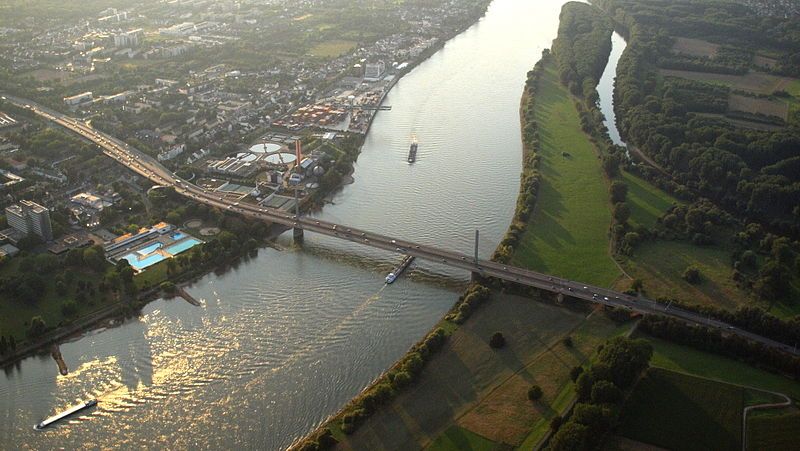Delegates in Bonn, Germany to tackle REDD+ climate change impasse
UN climate change conference this week in Bonn to see new proposal for REDD+ governing body, which could help provide a solution to how countries monitor, report and verify successful emissions reductions.

Negotiators attending a UN climate change conference this week are expected to propose setting up a REDD+ governing body, which could help provide a solution to how countries monitor, report and verify successful emissions reductions.
REDD+ is a mechanism that channels money to developing countries to encourage the adoption of policies and practices that reduce emissions from deforestation and forest degradation. But progress stalled last December in Doha due to a failure by countries to agree on how REDD+ would be monitored and verified for success, which is linked to how countries would be compensated for their achievements.
Deforestation and forest degradation – largely through agricultural expansion, conversion of forest to pastureland, infrastructure development and fires — account for 10 percent to 15 percent of all global greenhouse gas emissions, more than the entire global transportation sector and second only to the energy sector.
Delegates at the meeting in Bonn, Germany, which will take place from June 3 to 14, will debate whether a REDD+ governing body tasked with organizing the flow of financial support and establishing the verification processes will help the emissions reduction scheme out of its current impasse.
At the Doha 18th Conference of Parties (COP18) in 2012, negotiations ground to a halt over how to verify carbon emissions and how verification processes should be financed. Specifically, the impasse – reported to be between Brazil (a potential beneficiary of REDD+) and Norway (the largest funder of tropical forest conservation) – revolved around language governing the standards by which deforestation-related emissions would be verified.
Norway has been pushing for an independent, international verification process undertaken by experts, but Brazil and other developing nations have said they are not willing to commit to external verification requirements.
To kick-start environmental projects like those implemented under REDD+, the Green Climate Fund (GCF) — a funding mechanism of the UNFCCC that transfers money from developed countries to developing ones, created Fast Start Funding, which was supposed to have disbursed $30 billion from 2010 to 2012.
However, only over a third of that sum was reportedly collected from developed countries, and commentators question the extent to which this fund represents new and additional resources that are separate from ODA.
This raises doubt as to whether the GCF would be able to deliver on its goal of raising $100 billion annually by 2020 for environmental projects, according to Verchot.
Meanwhile, the United States and China — the world’s largest emitters — have not made any legally binding commitments for reducing their emissions.
At the heart of the reluctance to commit to greater action to combat climate change through REDD+ are deep-seated emotional and conflicting perceptions of who is responsible for the creation of historical and current emissions, and therefore who should be responsible for shouldering the burden of cleaning up past and current mistakes.






